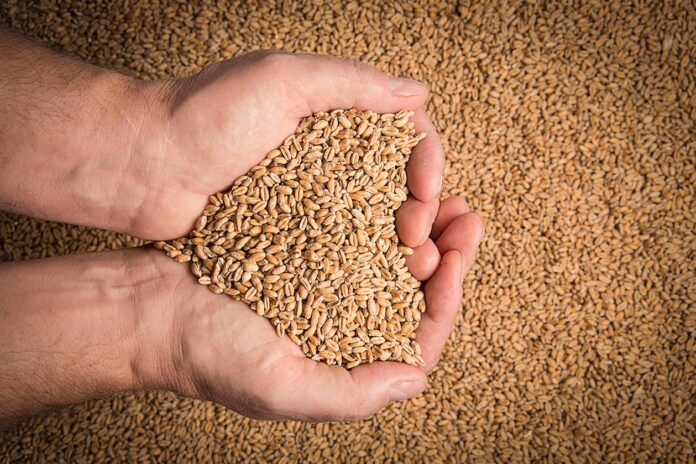Pakistan may face rising wheat flour prices as national wheat stocks are slightly below the country’s annual consumption requirement, official data shows. Total wheat availability currently stands at 33.47 million tons, compared with a demand of 33.58 million tons, leaving a marginal shortfall of 0.11 million tons
According to reports, retail wheat flour prices have surged, with a 15 kg bag now selling between Rs 1,340 and Rs 1,450, up from Rs 1,060–1,100 in early August. The increase has raised concerns among consumers and retailers.
Floods in Pakistan’s upper fertile and wheat-growing regions have raised concerns over potential disruptions in the wheat and flour supply chain, from mills to markets. In its August monthly update, the Finance Ministry also warned that flood-related damages could increase fiscal pressures on the economy and affect food availability in impacted areas.
On Thursday, the Punjab government announced it would release grain reserves and set a fixed price of Rs2,900 per 40kg for public-sector wheat, amid a sharp rise in market rates. Wheat prices surged by Rs300 this week to Rs3,100 per maund (40kg), while over the past month, prices have risen by about Rs1,000 per 40kg; a 20kg bag of flour has increased by roughly Rs500.
Punjab holds the largest share of wheat reserves at 22.94 million tons, followed by Sindh with 4.93 million tons, Khyber Pakhtunkhwa 1.74 million tons, Balochistan 1.46 million tons, and Pakistan Agricultural Storage & Services Corporation Ltd (PASSCO) with 2.45 million tons earmarked for the 2025–26 food year.
The country produced 28.39 million tons of wheat from 9.1 million hectares this year, while 5.08 million tons were carried over from the previous year.
At the 8th Wheat Board Meeting, the government announced that it will not import wheat this year, as current reserves are adequate to meet the national demand. Federal Minister for National Food Security and Research Rana Tanveer Hussain reviewed the wheat supply situation and preparations for the upcoming Rabi season. He said the shortfall is minimal and does not pose an immediate threat to national food security.
“The existing reserves are sufficient, and Pakistan will not be importing wheat this year,” the minister said. “Our priority is to support local farmers, not middlemen or markets.” He added that critical inputs for the Rabi season, including urea and other fertilizers, are adequately available despite rising global prices, and domestic fertilizer costs are being closely monitored to keep production affordable.
However, Hussain noted challenges in implementing agricultural policies under the devolved system established by the 18th Constitutional Amendment, calling for stronger coordination between the federal government and provinces.























